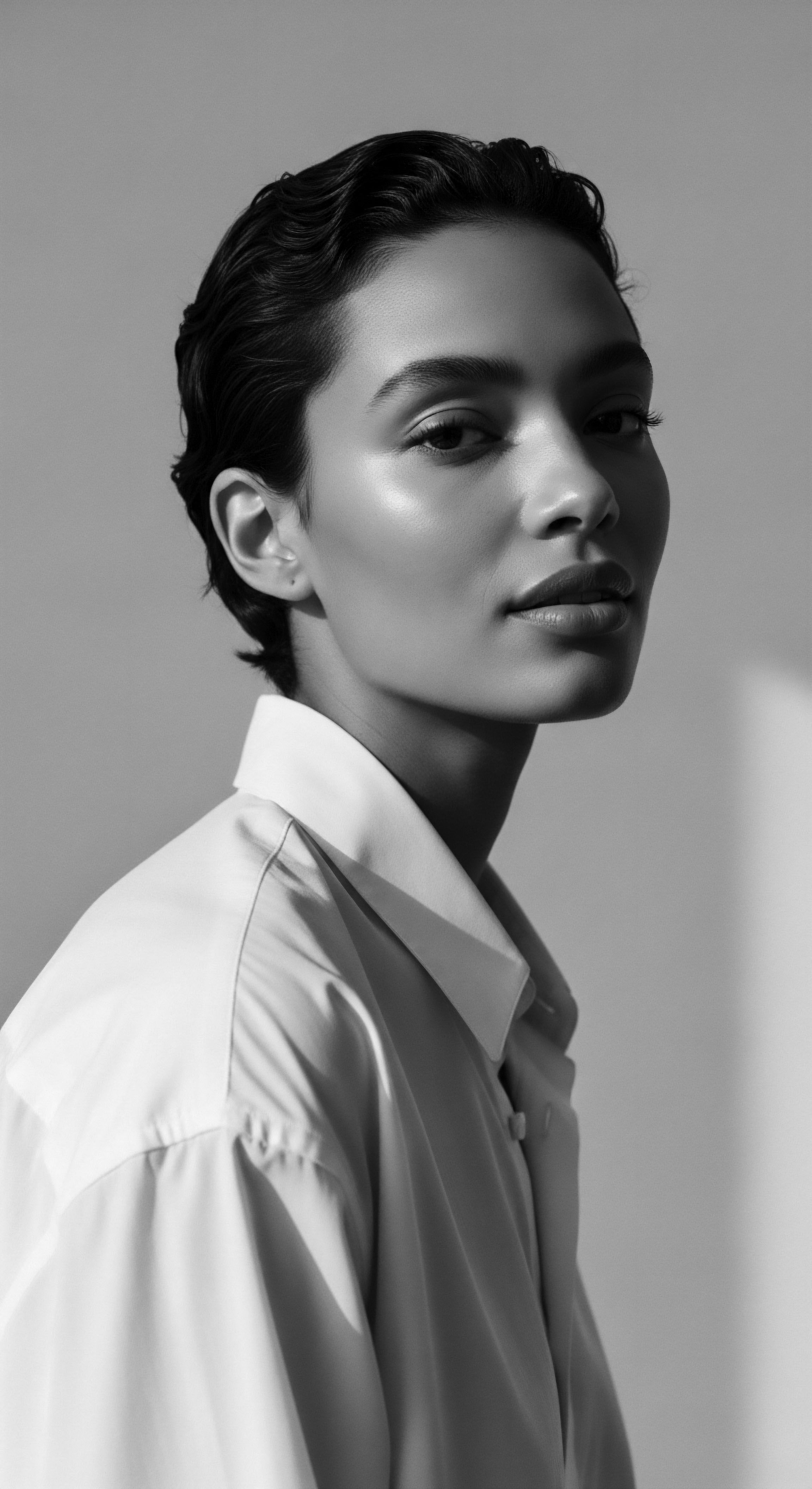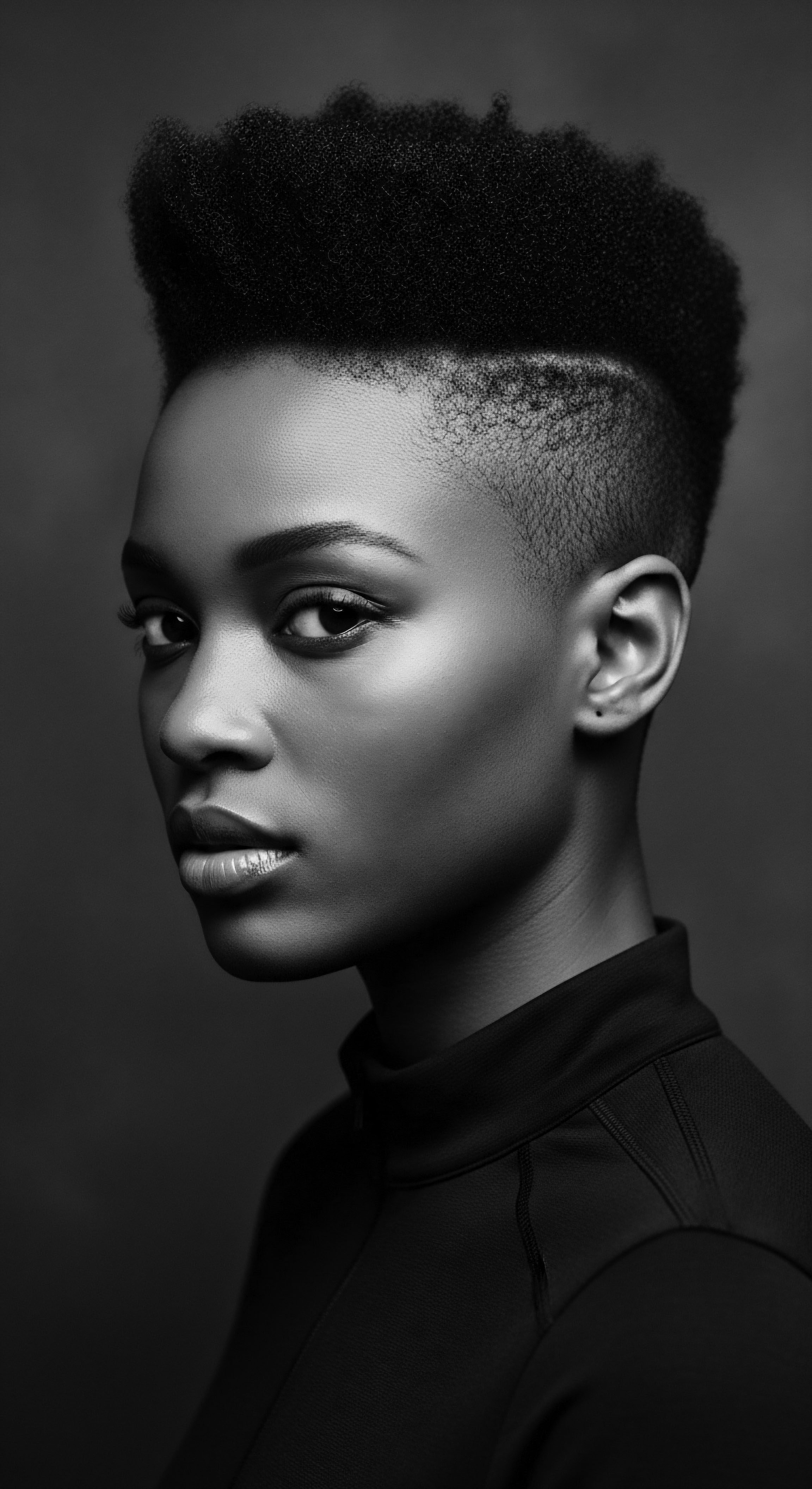
Can Ancient Natural Ingredients Still Benefit Contemporary Textured Hair Regimens?
Ancient natural ingredients continue to offer substantial benefits to contemporary textured hair regimens, rooted in centuries of heritage and ancestral wisdom.
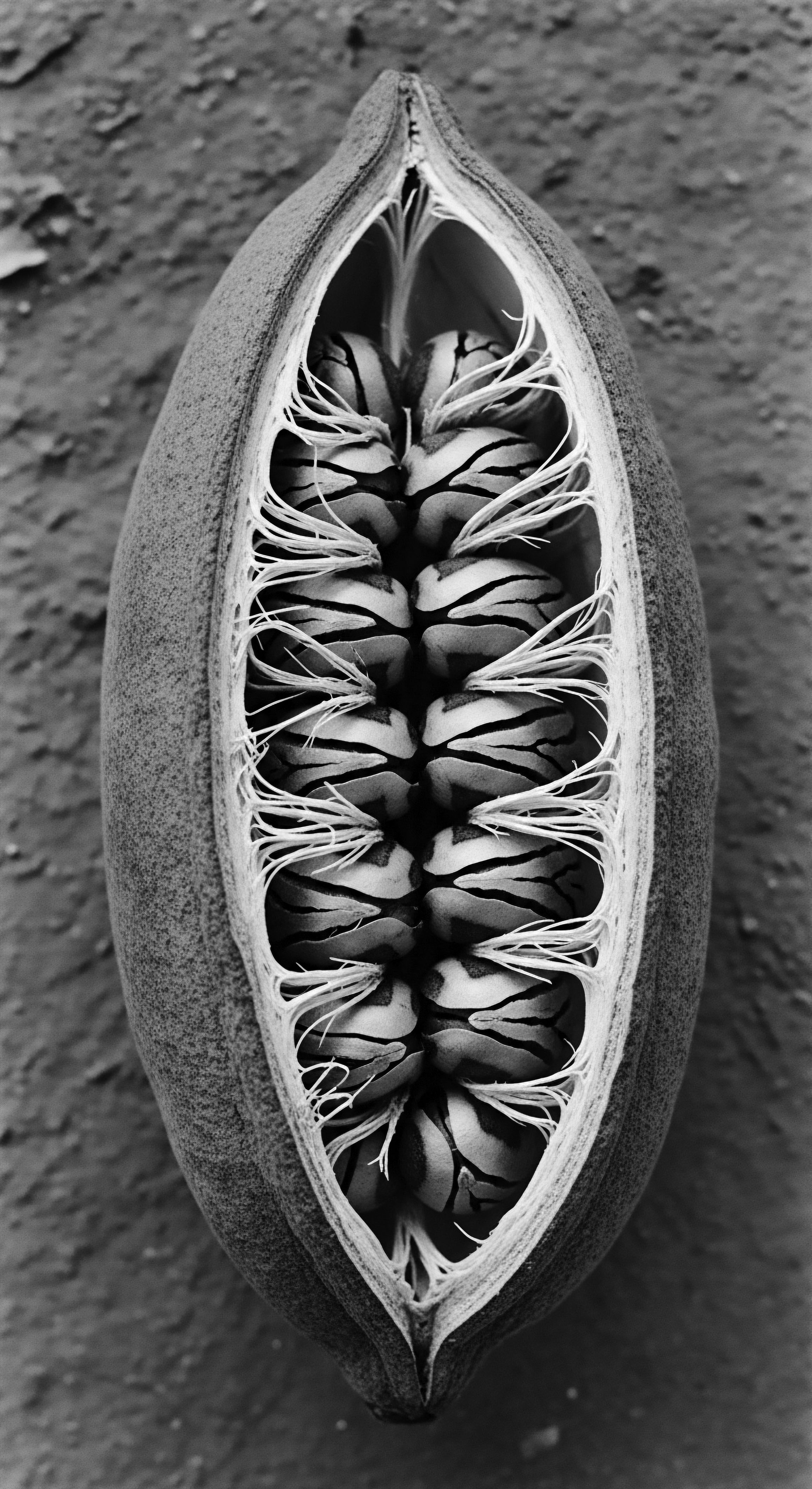
What Scientific Properties Validate Historical Textured Hair Oiling Practices?
Historical textured hair oiling practices are scientifically validated by their deep nourishment, friction reduction, and cuticle protection.
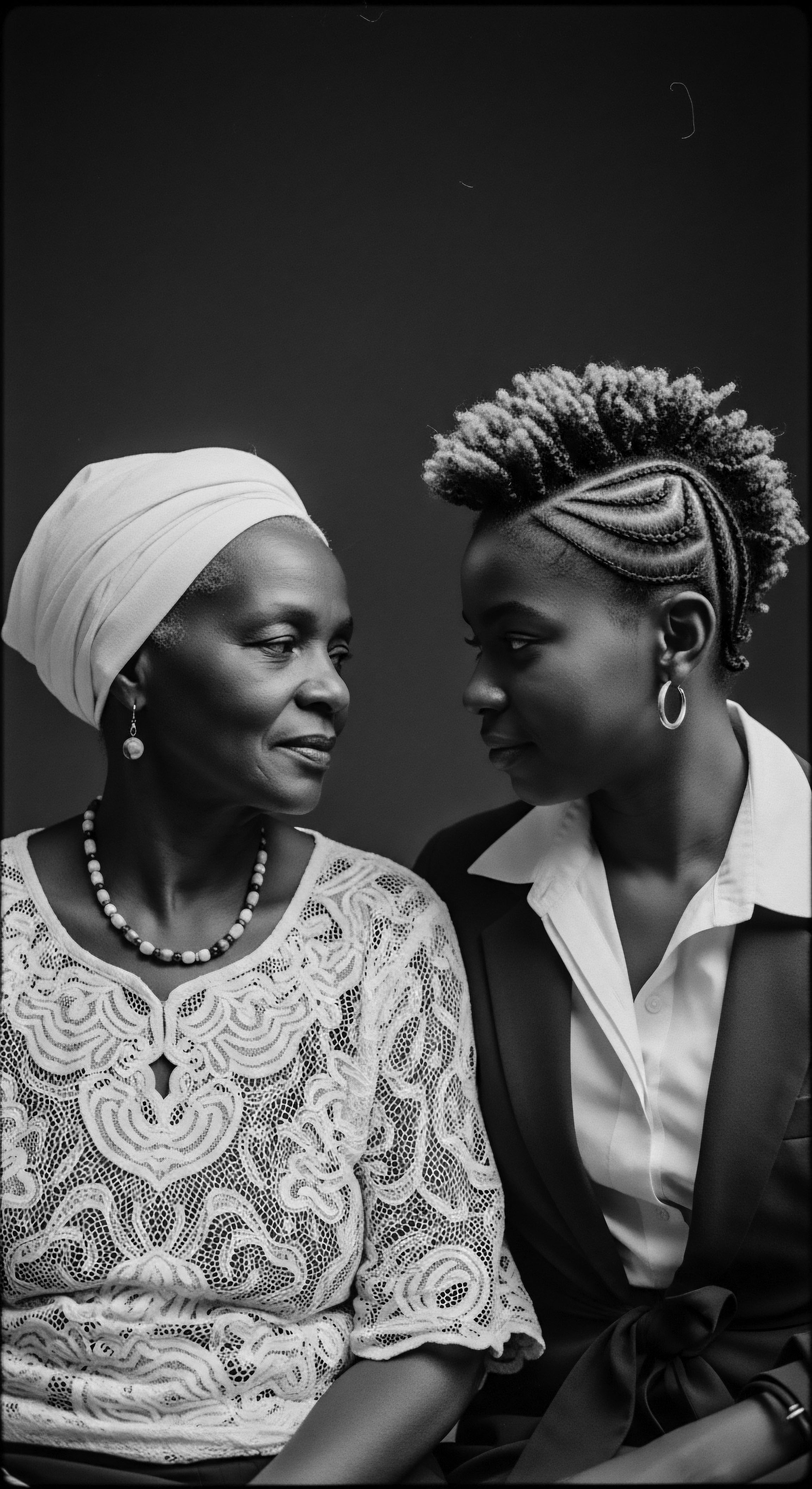
What Ancestral Ingredients Nourish Textured Hair Scalps?
Ancestral ingredients for textured hair scalps primarily offer profound moisture, anti-inflammatory relief, and nutrient delivery rooted in cultural heritage.
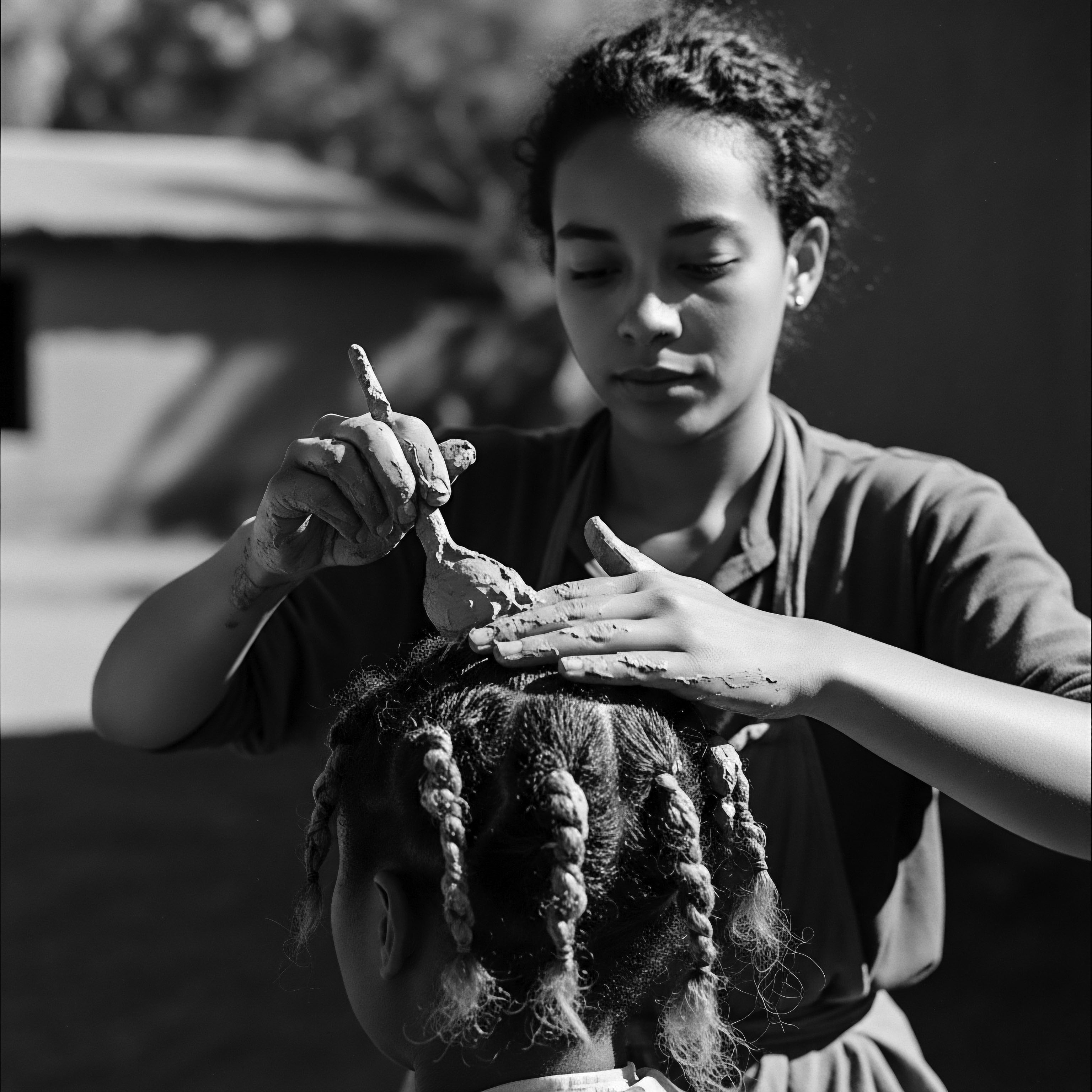
How Do Fermented Ingredients Support Textured Hair Health?
Fermented ingredients enhance textured hair health by increasing nutrient absorption, balancing scalp microbiome, and strengthening strands, connecting to deep ancestral care.
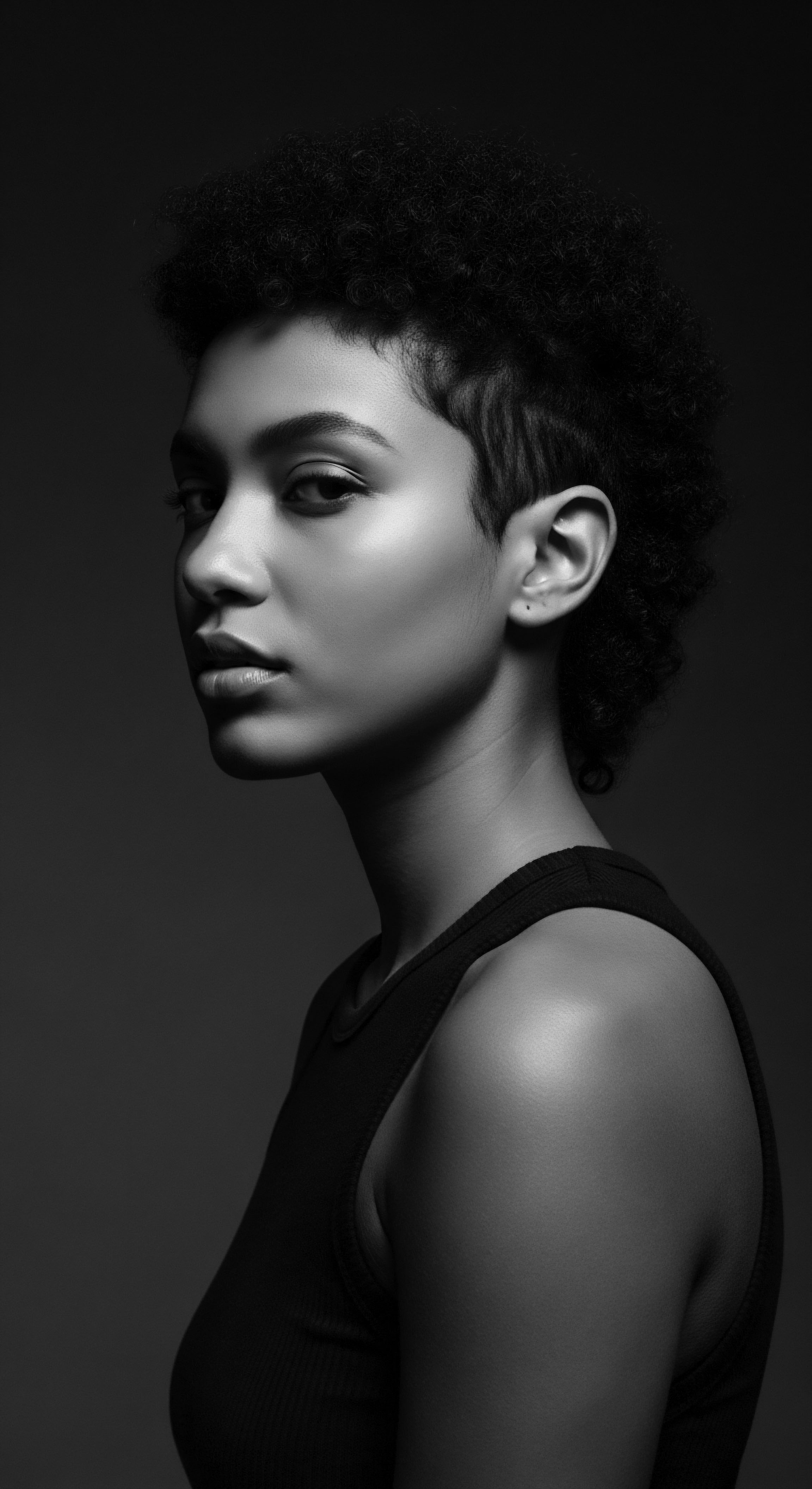
Which Ancestral Oils Benefit Textured Scalps?
Ancestral oils, deeply rooted in Black and mixed-race heritage, provide profound nourishment and balance for textured scalps.
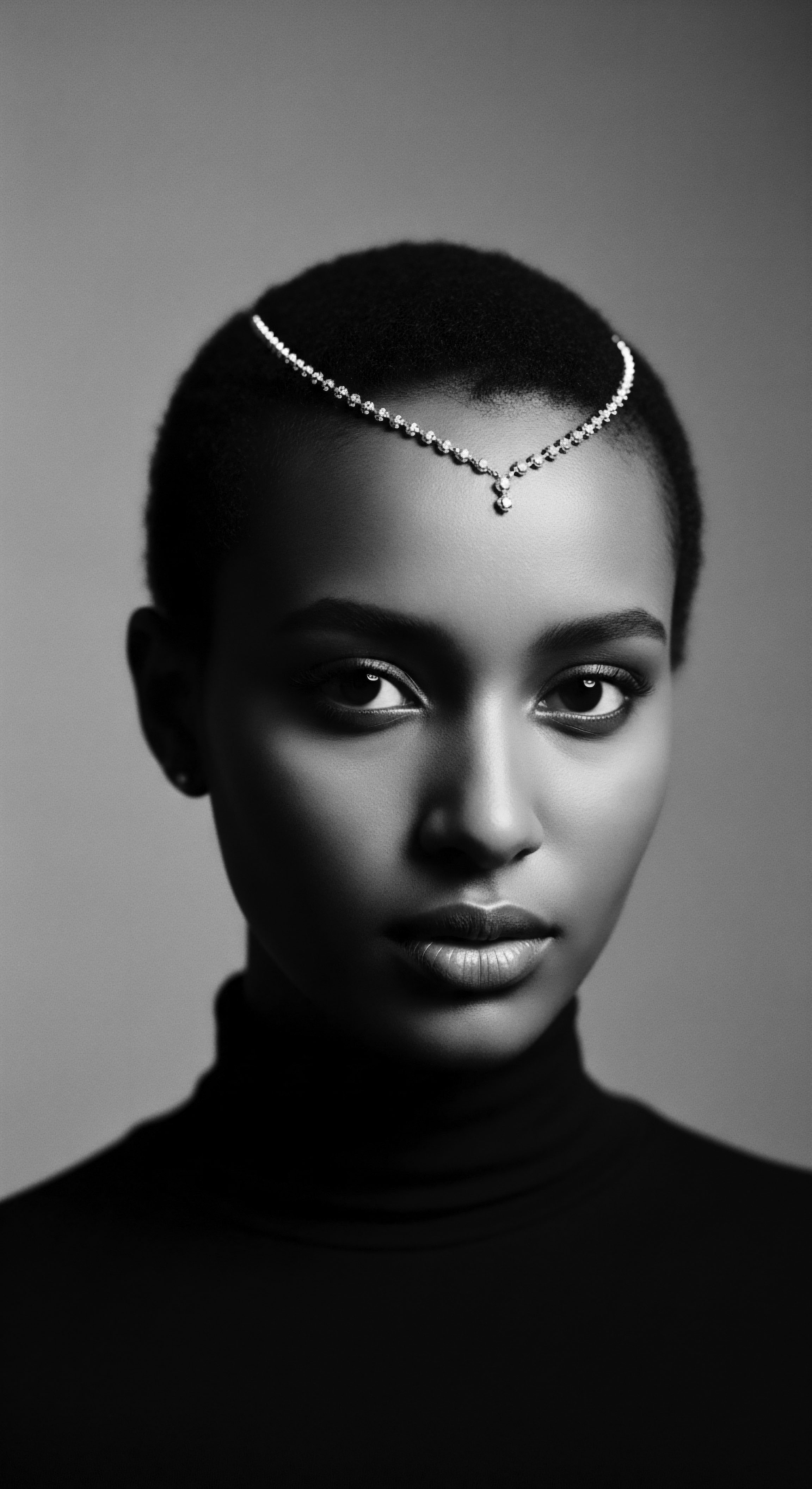
Fermented Hair Practices
Meaning ❉ Fermented Hair Practices involve microbially transforming ingredients to enhance their benefits for textured hair, rooted in deep ancestral traditions.
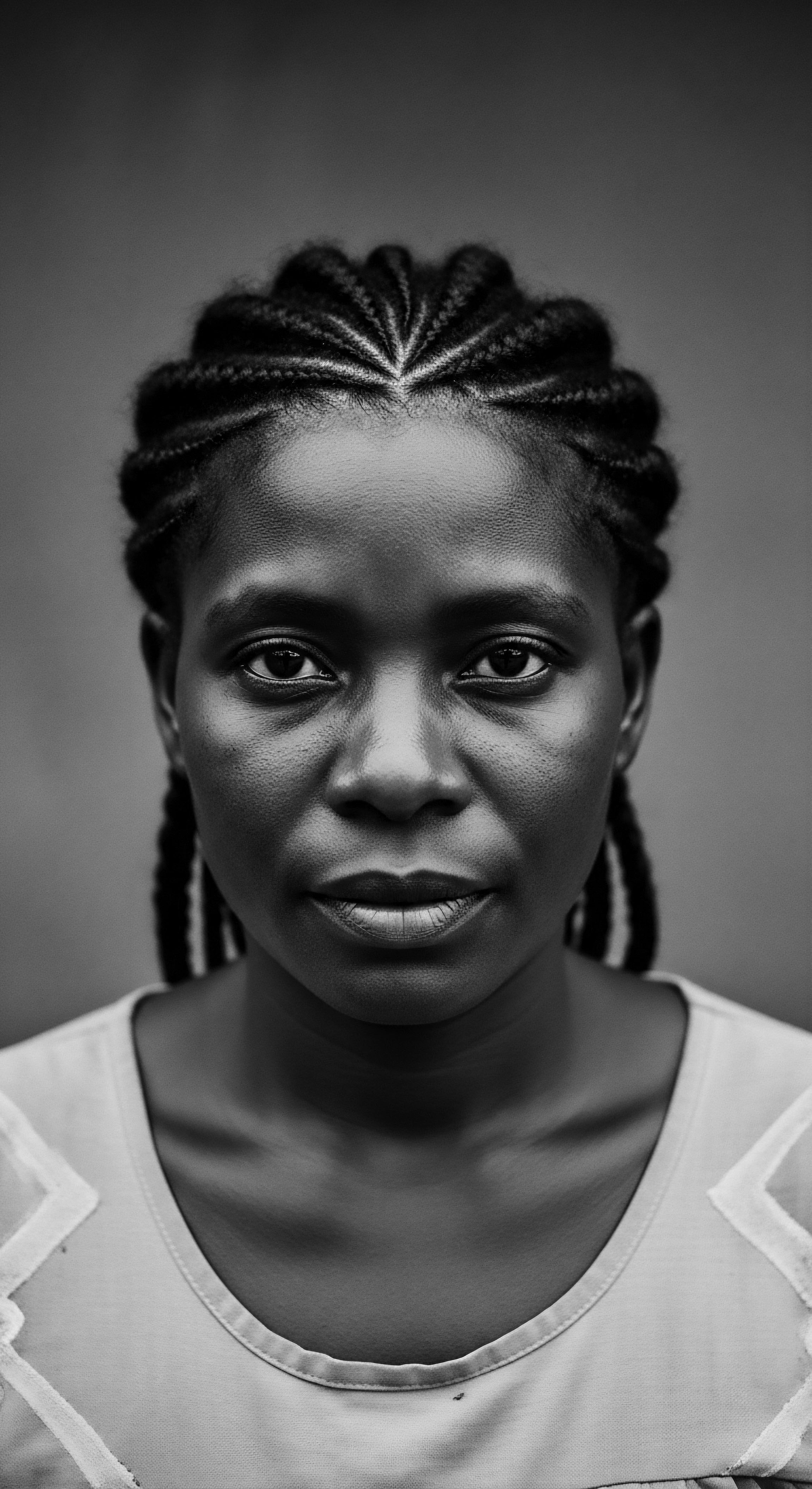
Can Science Explain the Longevity of Traditional Fermented Hair Practices in Diaspora Heritage?
Science reveals how traditional fermented hair practices, rooted in ancestral heritage, profoundly benefit textured hair through molecular enhancement and scalp microbiome balance.
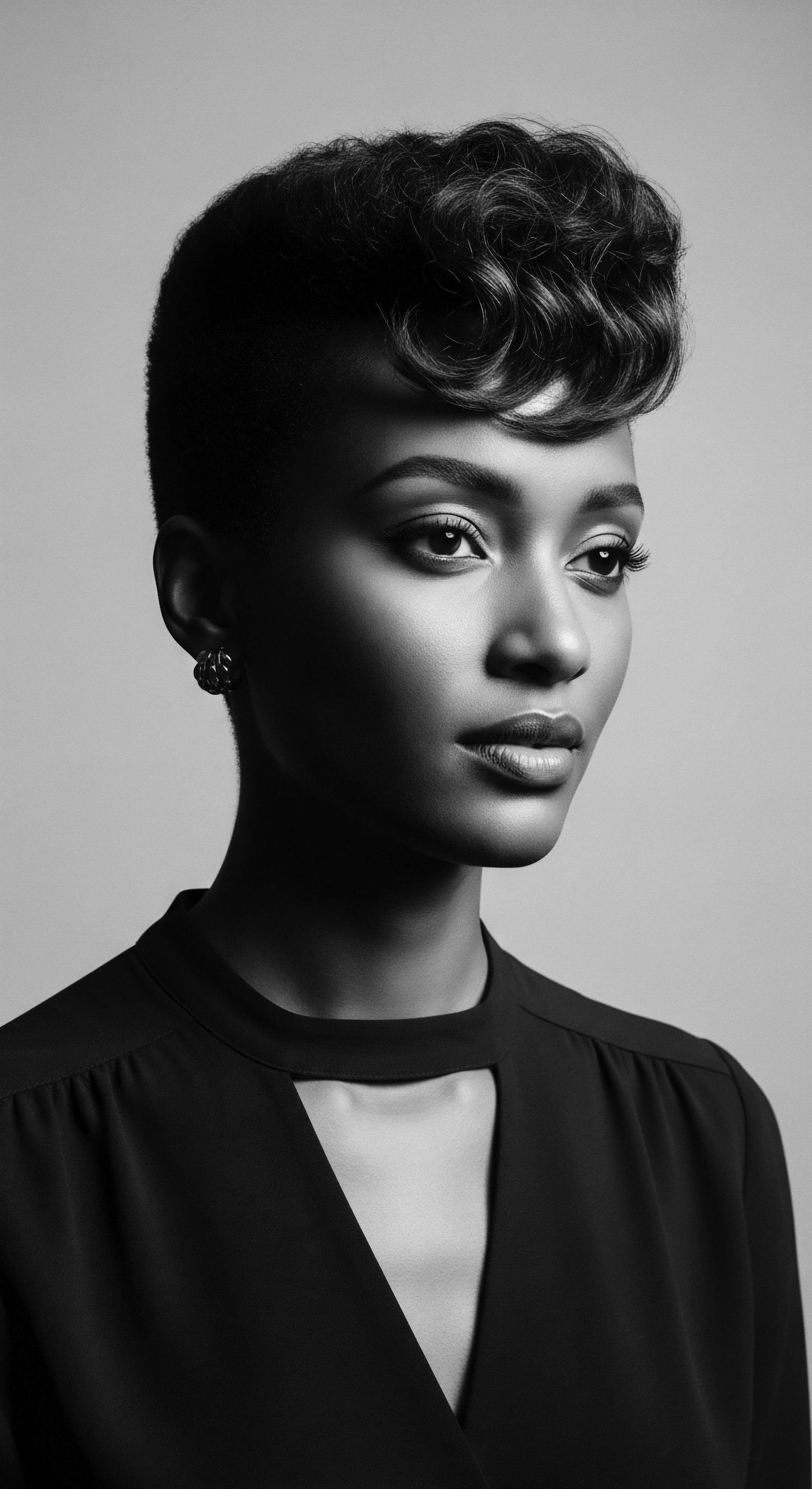
How Do Traditional Fermented Hair Practices Connect with Black and Mixed-Race Hair Heritage?
Traditional fermented hair practices embody ancestral wisdom, leveraging natural processes to nourish textured hair, reflecting a profound heritage of resilience and cultural identity.
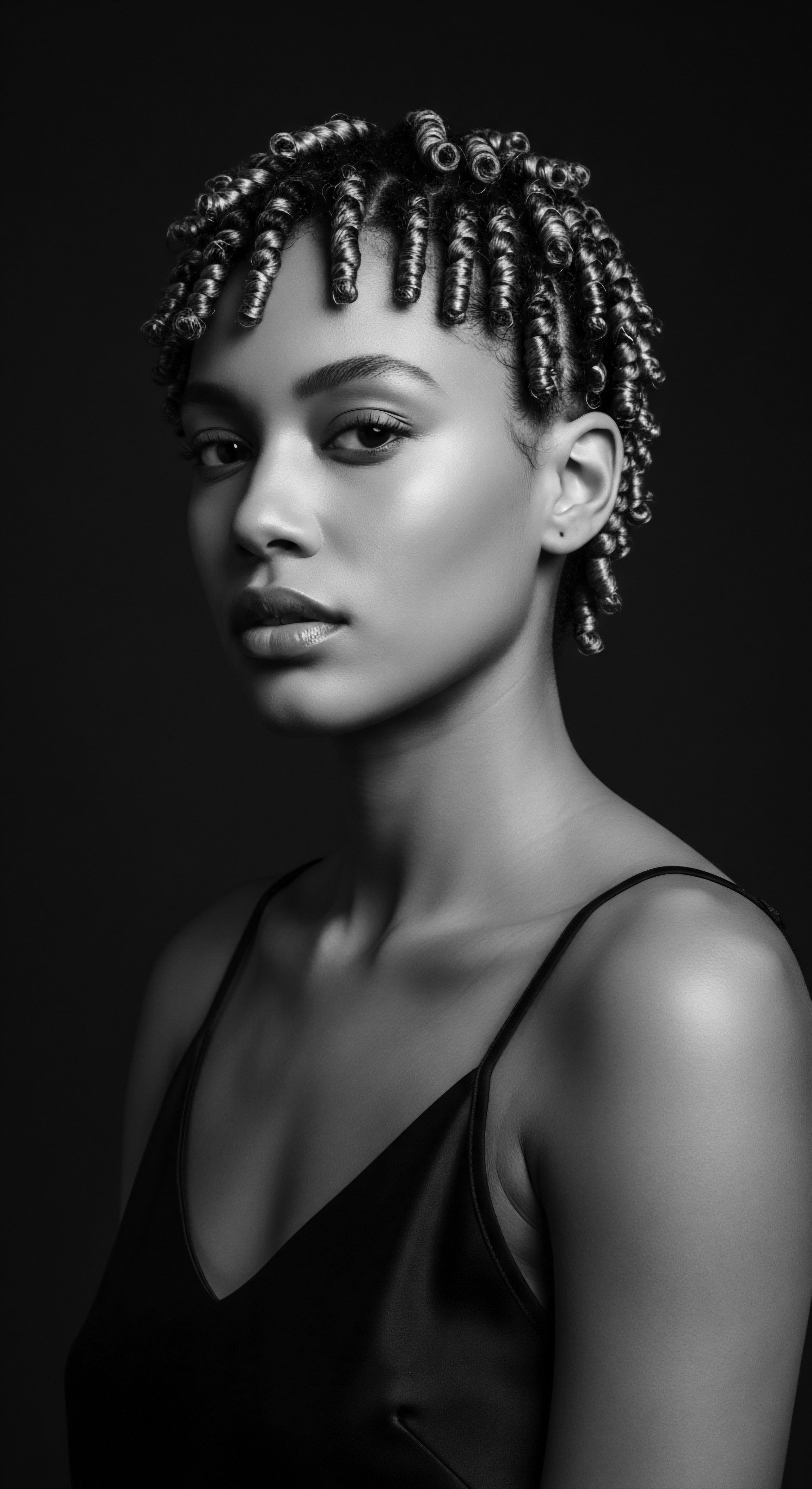
How Does African Heritage Shape Textured Hair Scalp Care?
African heritage profoundly shapes textured hair scalp care through ancestral wisdom, communal rituals, and the enduring use of natural ingredients.
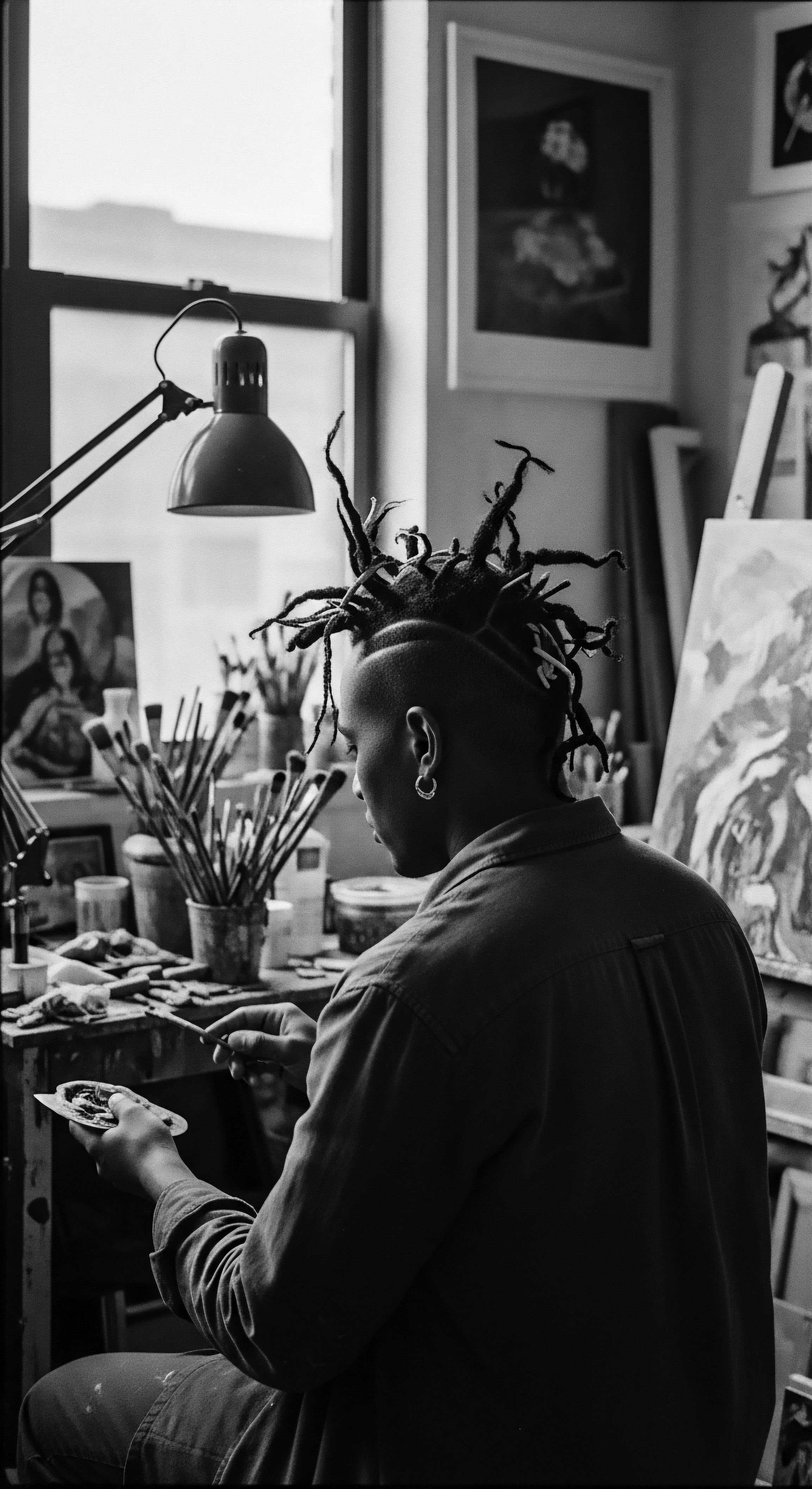
Soursop Oil
Meaning ❉ Soursop oil, from Annona muricata seeds, nourishes textured hair and honors ancestral care traditions through its historical and botanical significance.
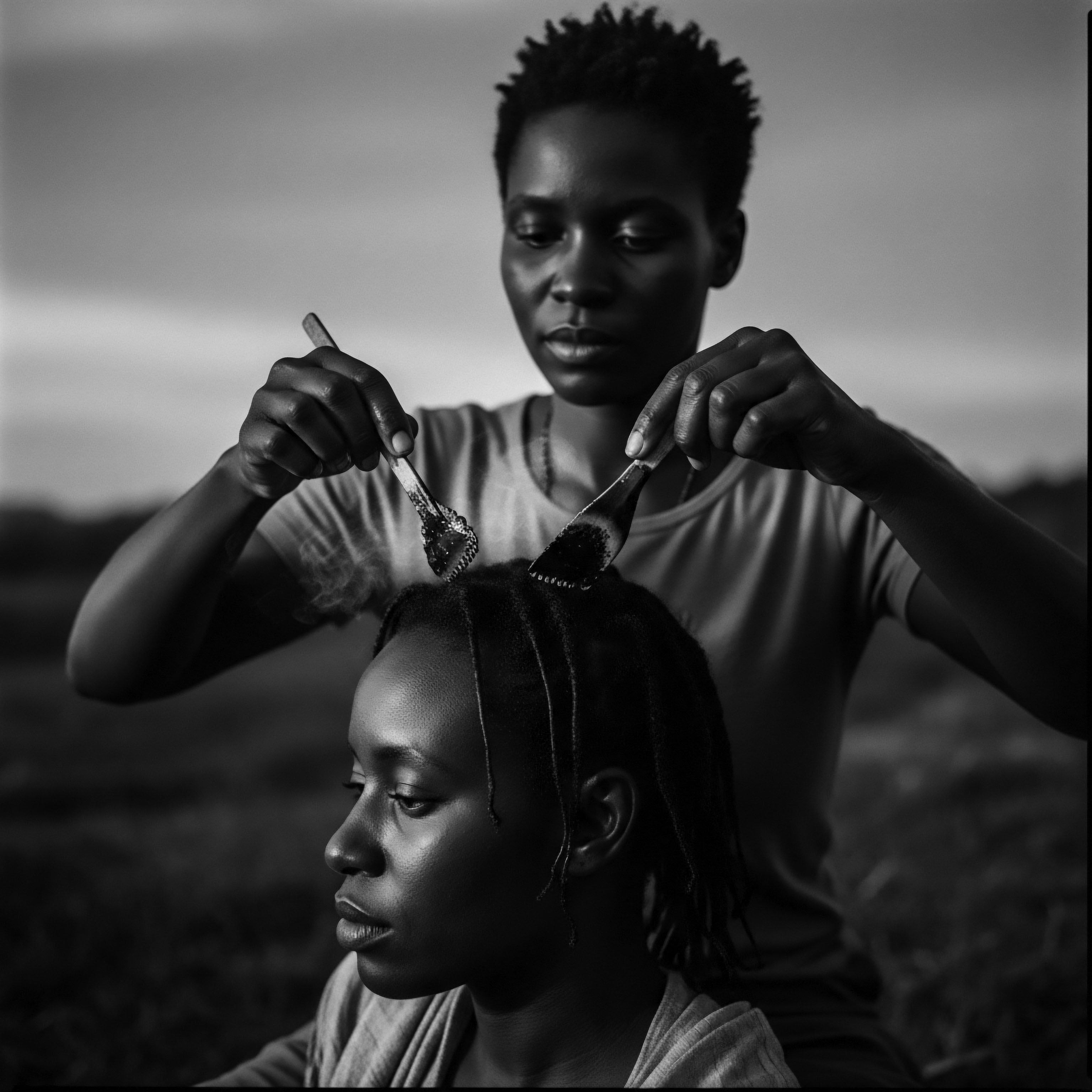
Fermented Oils
Meaning ❉ Fermented Oils are plant-derived lipids biotransformed by microorganisms, enhancing nutrient bioavailability for textured hair and scalp vitality.
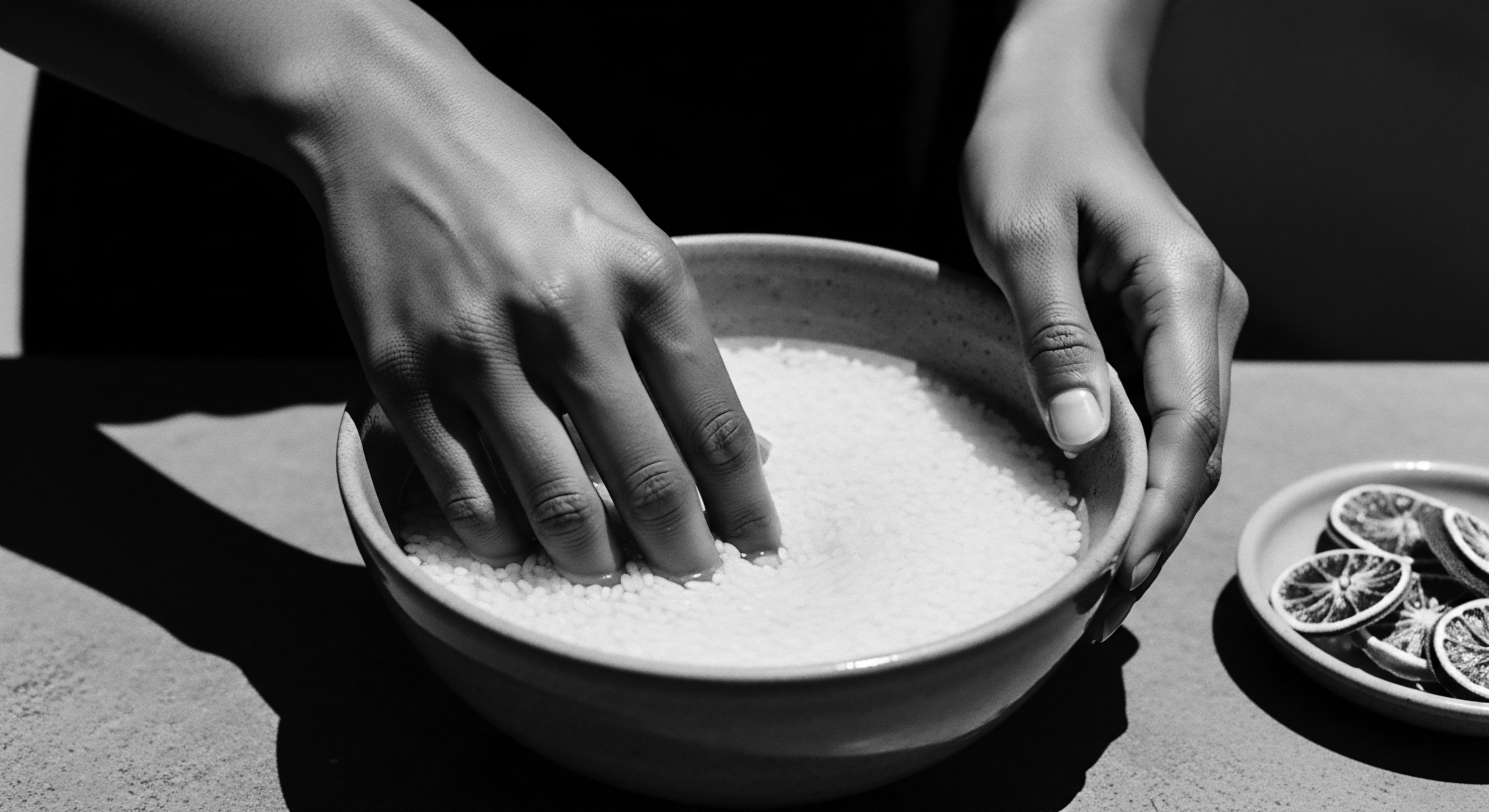
Scalp Health Water
Meaning ❉ Scalp Health Water is the deliberate application of water, often enhanced by natural elements, to foster a flourishing environment for textured hair, rooted in ancestral traditions.

Eucalyptus Oil
Meaning ❉ Eucalyptus oil is an aromatic botanical extract revered for its cleansing properties and rich heritage in global hair care.
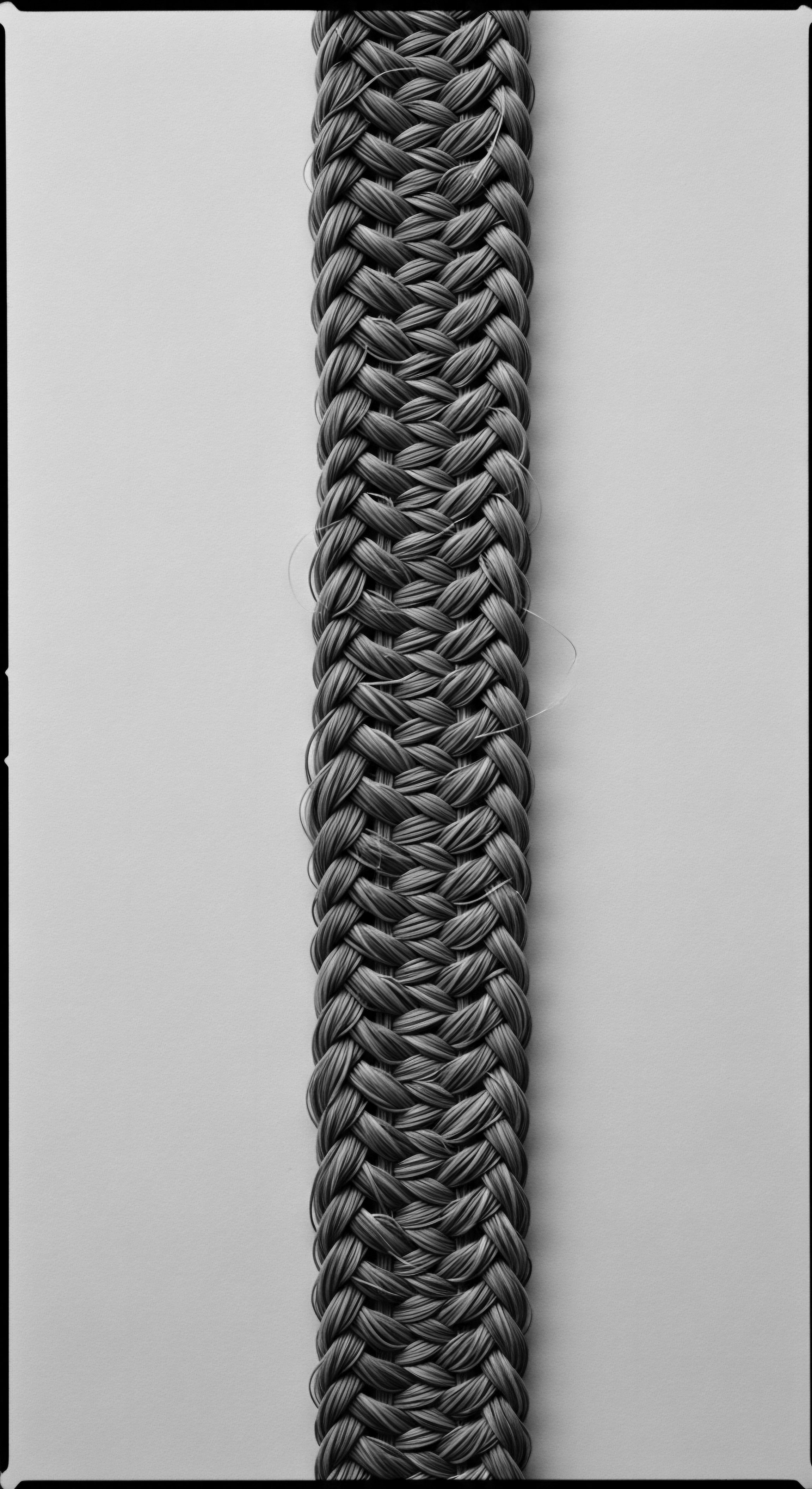
What Historical Techniques Maintained Textured Hair Hydration?
Ancestral communities maintained textured hair hydration through natural oils, butters, and protective styles, rooted in heritage.
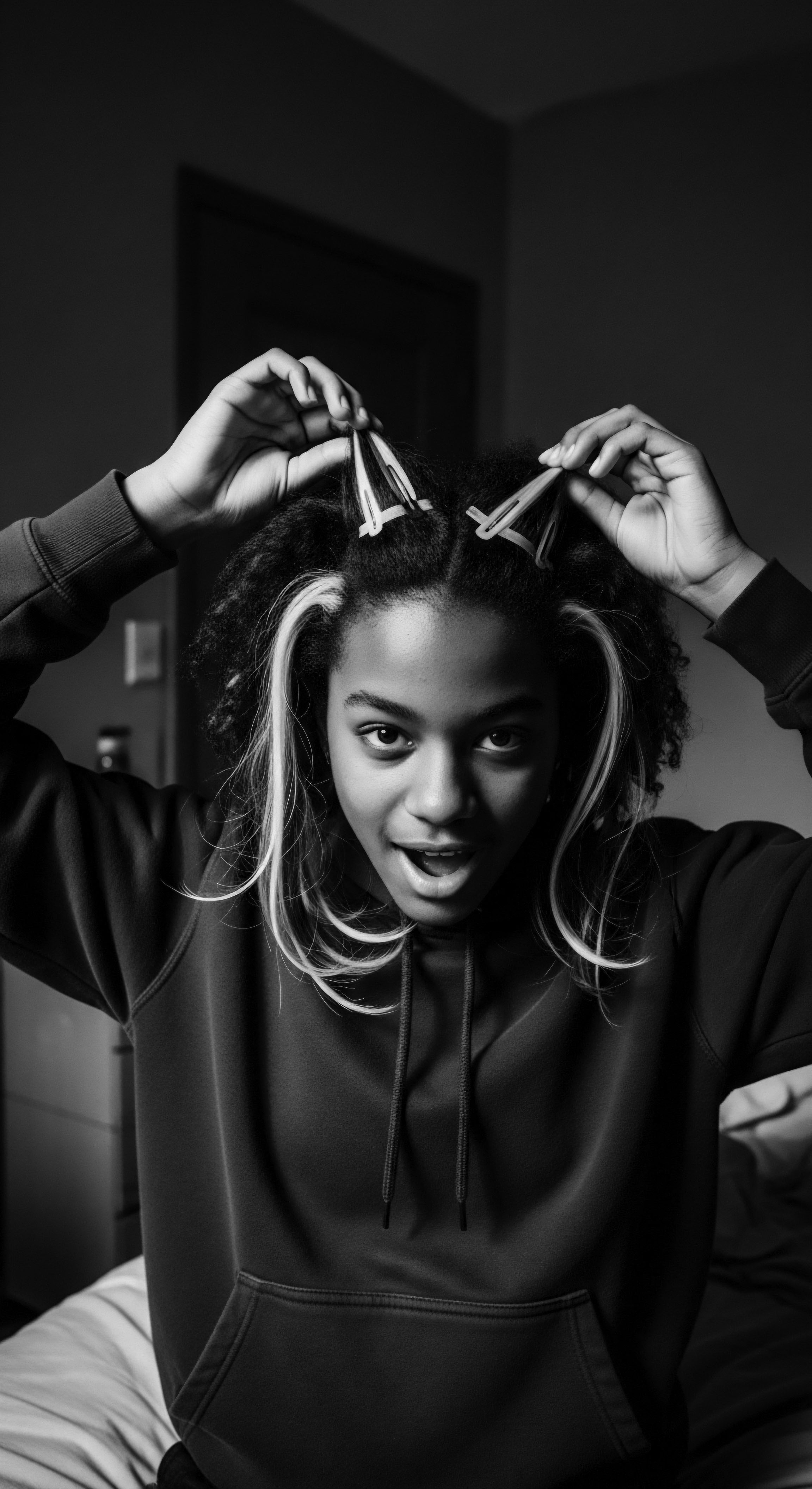
What Traditional Cleansers Benefit Textured Hair?
Traditional cleansers for textured hair, rooted in ancestral practices, often leverage natural compounds to clean gently while preserving moisture and honoring heritage.
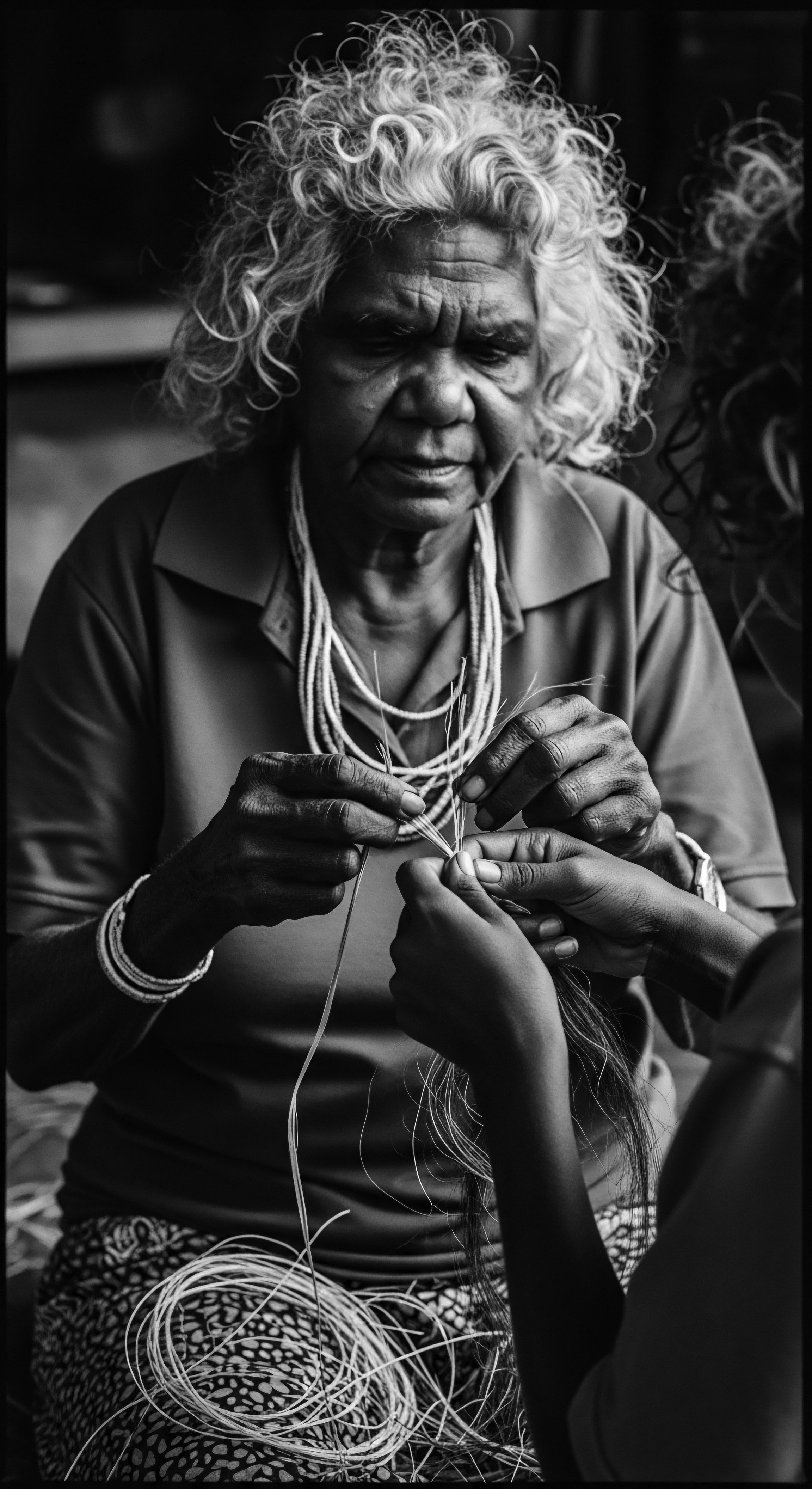
Which African Plants Benefit Textured Hair Growth?
African plants offer a heritage-rich path to textured hair growth, grounding modern care in ancestral wisdom and potent botanical compounds.
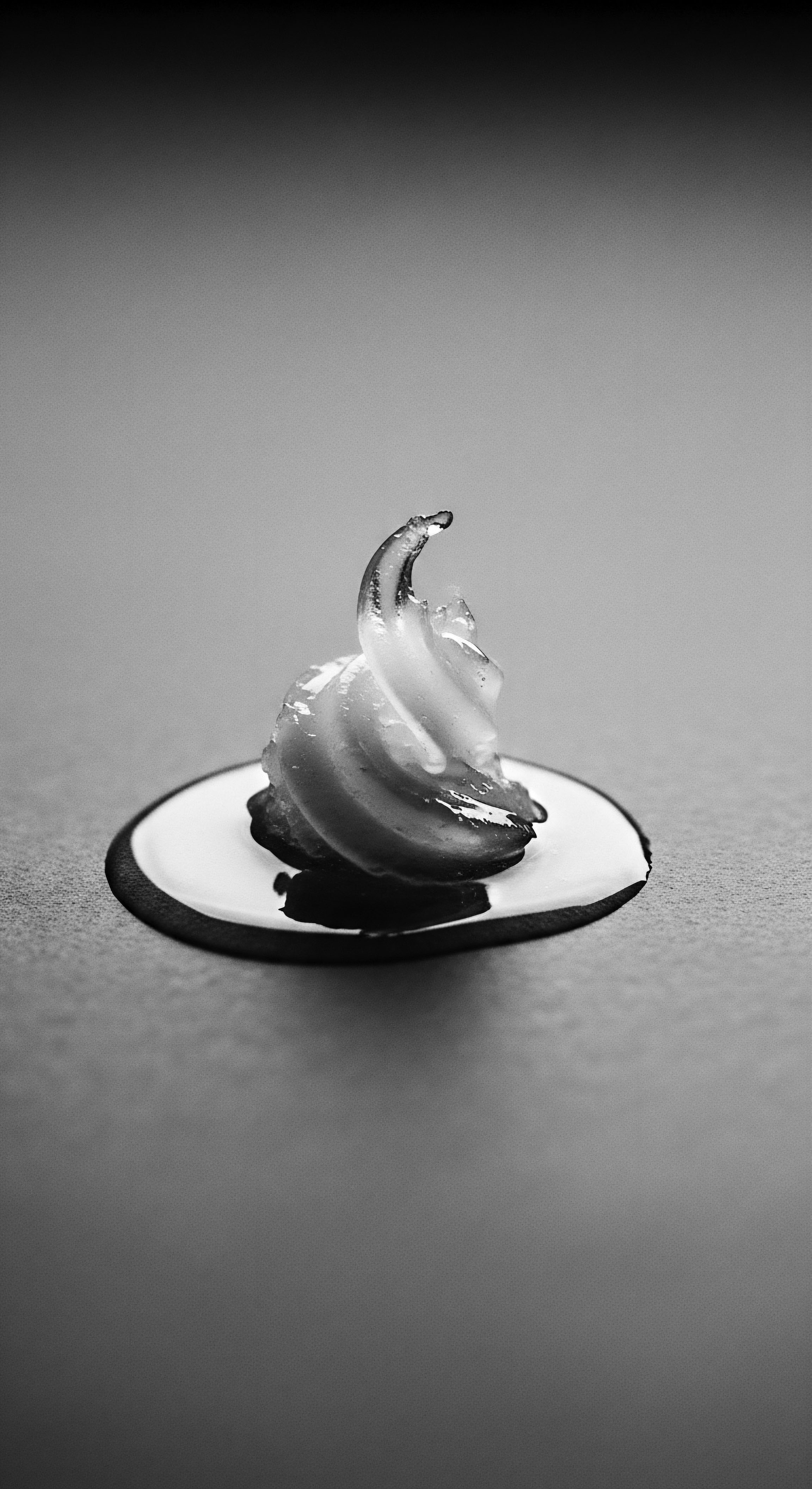
Did Traditional Cleansing Rituals Protect Textured Hair?
Traditional cleansing rituals protected textured hair by aligning with its biological needs, preserving moisture, and affirming its cultural heritage.
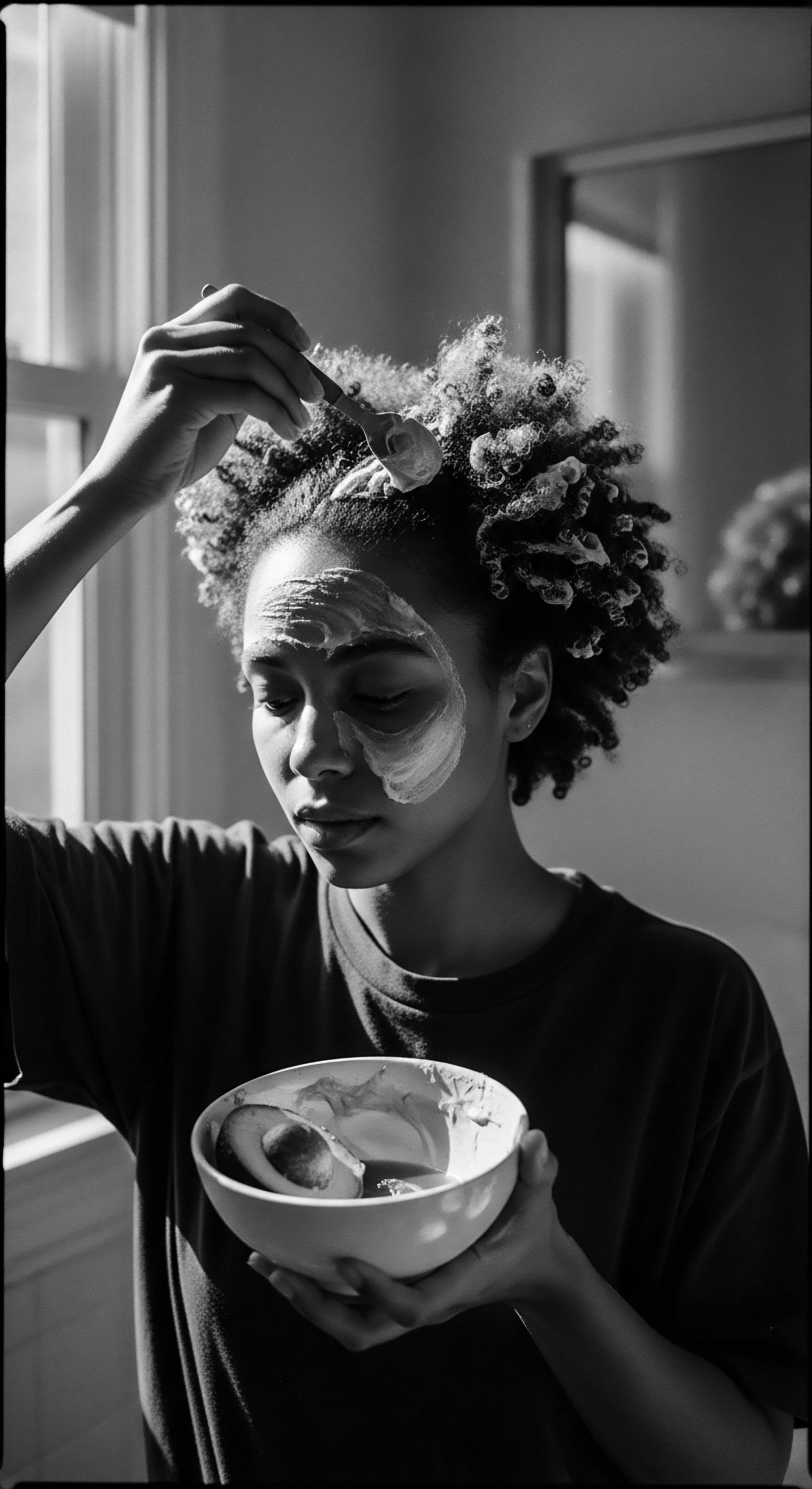
What Modern Science Explains Traditional Oiling Practices for Textured Hair?
Modern science confirms traditional oiling practices for textured hair support health through moisture retention and structural protection, honoring deep heritage.

What Ancestral Plants Relieved Textured Hair Scalp Discomfort across Diasporas?
Ancestral plants across diasporas relieved textured hair scalp discomfort through natural hydration, anti-inflammatory actions, and cleansing, deeply rooted in cultural heritage.

